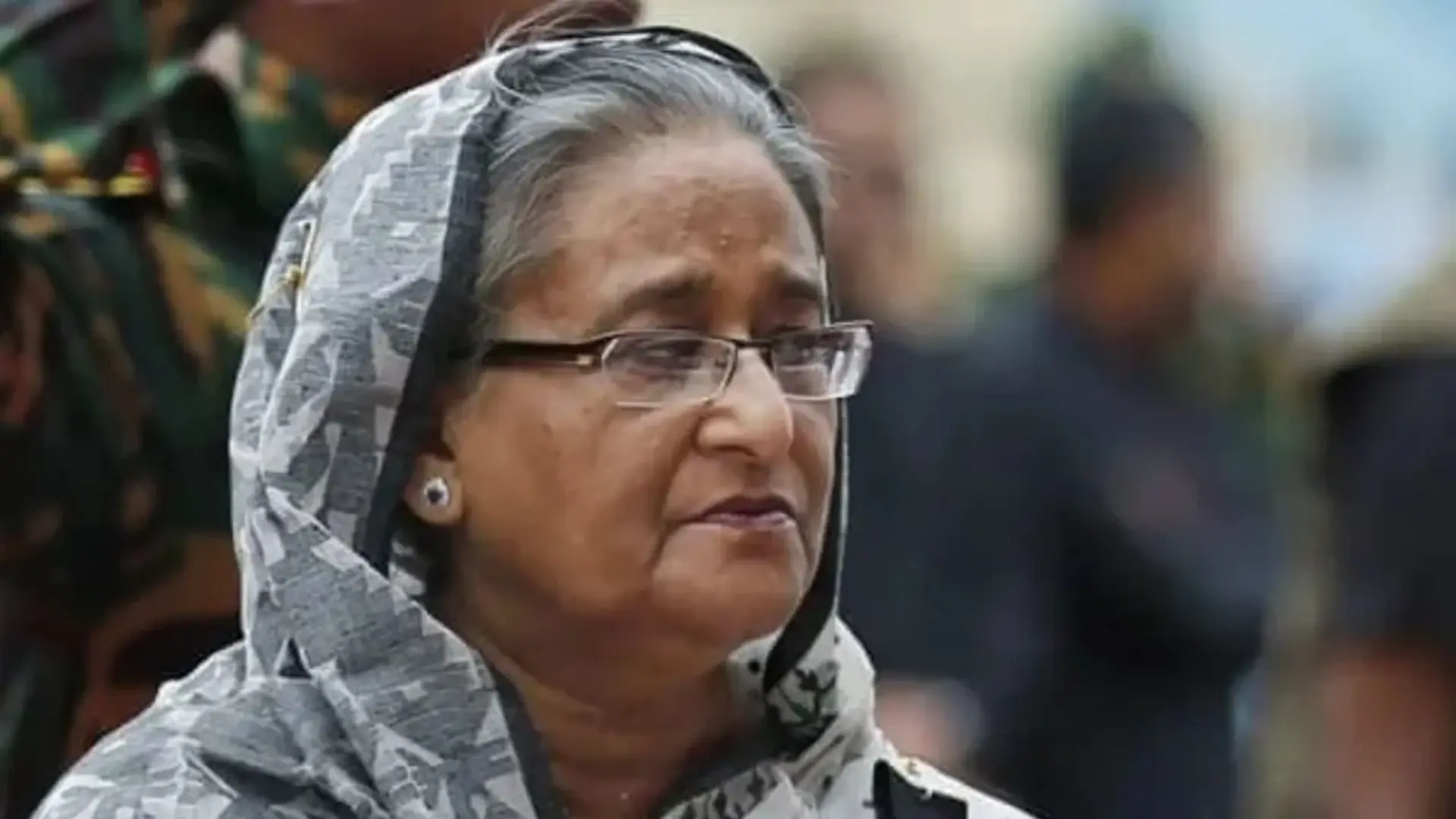Attainment of foundational literacy and numeracy is the ability of a Std 3 child to read and comprehend basic text and to carry out some basic arithmetic operation with Indian numerals. A number of evaluation reports have revealed that among Std 3 students, majority of children can neither read a Std 2 level text nor solve questions on subtraction. Research indicates that if a child is unable to reach a certain degree of grade-level competency by the end of Std 3, the learning gap will only further deepen, perpetuating inequity and economic loss.
With nearly 10 years of experience in the development sector, Merlia Shaukath, a passionate advocate for equity in education, founded Madhi Foundation in response to this mounting crisis and out of wanting to ensure that policy and implementation goes hand in hand while ensuring equity. Starting with just 3 schools and a 5-member team, Madhi Foundation has now grown to be the Chief Management Partners of the Department of School Education, Tamil Nadu for implementing the State Foundational Literacy and Numeracy (FLN) Mission for the next 5 years and will also be working with the Government of Telangana to pilot the Mission in 150 schools, in collaboration with Central Square Foundation and CEGIS. Madhi will be collaborating with the department in both states to design and oversee the implementation of the FLN Mission.
Over the years, the organization has worked across Tamil Nadu alongside multiple government departments to implement holistic and multi-pronged education interventions in primary school classrooms. Guided by a vision to put ‘foundational learning first, so every child can thrive’, Madhi is focused on ensuring meaningful primary education for all by transforming classroom learning and systemic administrative processes. The team at Madhi comes with a diverse background ranging from policy analysis, curriculum design, teacher training, and data science, having a firm understanding of classroom realities. Together, they have been able to learn from years of experimentation and growth to develop complex interventions that are tailored to the unique contexts of Tamil Nadu’s government schools. With the integration of technology and contextually scalable models in its programme design, Madhi has been able to scale its reach from 15 schools in 2016 and 2000 schools in 2018 to over 37,000 schools and 10 lakh children today.
At the crux of Madhi’s model to effect change is the idea of systemic transformation and partnership with the government. Young and dynamic officers like Pooja Kulkarni, the then State Project Director, Samgra Shiksha, its current Director G Latha and visionary Pradeep Yadav, the then Principal Secretary School Education in Tamilnadu helped creating an effective public-private partnership. Recognizing that student learning outcomes cannot be improved by changing merely the curriculum or teacher training alone, Madhi’s programme design aims to tackle the foundational learning crisis through a 6T approach – by integrating interventions across Teaching Learning Materials, Training, Tracking of data, Tutoring at home and Targeted advocacy efforts all the while leveraging Technology. This holistic approach necessitates a public-private partnership that allows not only scale in reach but also depth in the transformation effected. Ensuring that the programme design caters to the unique needs of the context, and are scalable has allowed Madhi to build this partnership which in turn has led to immense learning in terms of altering the programme design based on field-level inputs and varied experiences of stakeholders.
As a non-profit organisation, Madhi’s efforts to increase its impact has been nurtured by their donor partners as well who have assisted with skill development, programme strategy, and product design, thus expanding the horizons of a public-private partnership to include various other integral stakeholders within the development ecosystem.
Madhi’s theory of change emphasises that when pedagogy is rooted in local contexts, and technology and data are leveraged to accurately capture student learning outcomes and teacher capacities, the system will make evidence-based decisions with a sense of urgency to improve student learning. Emphasizing the role of the system as an agent of change, these interventions target multiple levels of stakeholders from administrators and teachers to parents and children.
Over the years, Madhi has seen a 4X average improvement in literacy skills, and a 2X average improvement in numeracy skills across Std 1 to 3. The blended teacher training model pioneered by Madhi has seen warm reception with over 87% attendance and 95% of teachers preferring it over conventional training methods. In an effort to improve data-driven decision making at the state level, the Tamil Nadu Vagupparai Nokkin (TNVN) classroom observation application was launched by the state in partnership with Madhi, which in turn saw an increase from 2% to 87% administrators completing tech-enabled classroom observation. Within the classroom, Madhi, along with the State Council of Educational Research and Training (SCERT) and Samagra Shiksha Tamil Nadu addresses the complexities of teaching in a multigrade classroom by supporting teachers with contextually designed bilingual, scripted teacher handbooks, and level-based student workbooks.
In working towards their goal of solving the foundational learning crisis in India by 2030, Madhi plans to scale both in depth and breadth in the coming years. Madhi is focused on creating a model that is both contextual and scalable, as the organization believes that an intervention that does not cater to the diverse and unique needs of a system is not a scalable one. This will include reaching out to more stakeholders within the multiple layers of the system in Tamil Nadu, as well as expanding to new geographies in partnership with other state governments. Madhi is also hoping to drive data-driven policy design beyond Tamil Nadu by expanding the scope of classroom observation applications embedded within state education departments across the country.
Madhi believes that equitable and purposeful education can be a great leveller for children, mitigating the adverse impact of most social, cultural or economic disadvantages on their future, and helping them create life paths of their choice and conquer their destinies. By placing the focus on equitable access, systemic change and contextual solutions, Madhi has embarked on a critical journey to transform classroom realities and is committed to ensuring that no child is left behind.
Madhi made-it happen despite traversing a difficult terrain and set an example for others.
Anil Swarup has served as the head of the Project Monitoring Group, which is currently under the Prime Minister’s Offic. He has also served as Secretary, Ministry of Coal and Secretary, Ministry of School Education.
Over the years, Madhi has seen a 4X average improvement in literacy skills, and a 2X average improvement in numeracy skills across Std 1 to 3. The blended teacher training model pioneered by Madhi has seen warm reception with over 87% attendance and 95% of teachers preferring it over conventional training methods.













